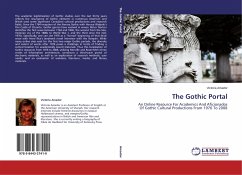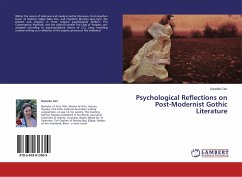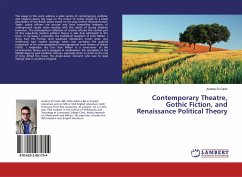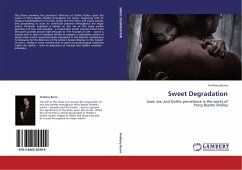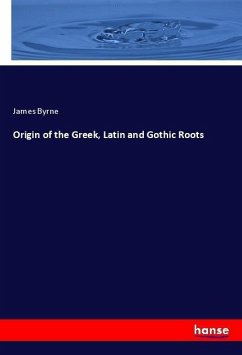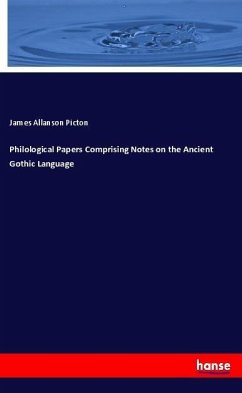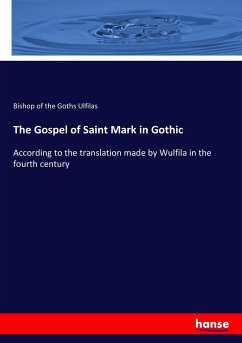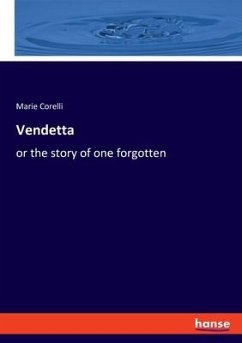The academic legitimization of Gothic studies over the last thirty years reflects the resurgence of Gothic elements in numerous American and British (and some significant Canadian) cultural productions and research fields. Since the 1764 inception of the literary Gothic with Horace Walpole s The Castle of Otranto, Gothic genres have evolved in waves. Rictor Norton identifies the first wave between 1764 and 1840, the second from the late-Victorian era of the 1880s to World War I, and the third since the mid-1970s. Specifically, one can cite 1976 as a formal beginning of that third wave with Anne Rice s landmark novel Interview with the Vampire. While many online sites exist for the first two major Gothic periods, the diversity and extent of works after 1976 poses a challenge in terms of finding a central location for academically sound materials. Thus this localization of Gothic resources from 1976 to 2008, utilizing Morville and Rosenfeld s three circles of information architecture, constructs a third-wave portal of electronic materials, as well as an exploration of research methods, user needs, and an evaluation of websites, literature, media, and library materials.
Bitte wählen Sie Ihr Anliegen aus.
Rechnungen
Retourenschein anfordern
Bestellstatus
Storno

